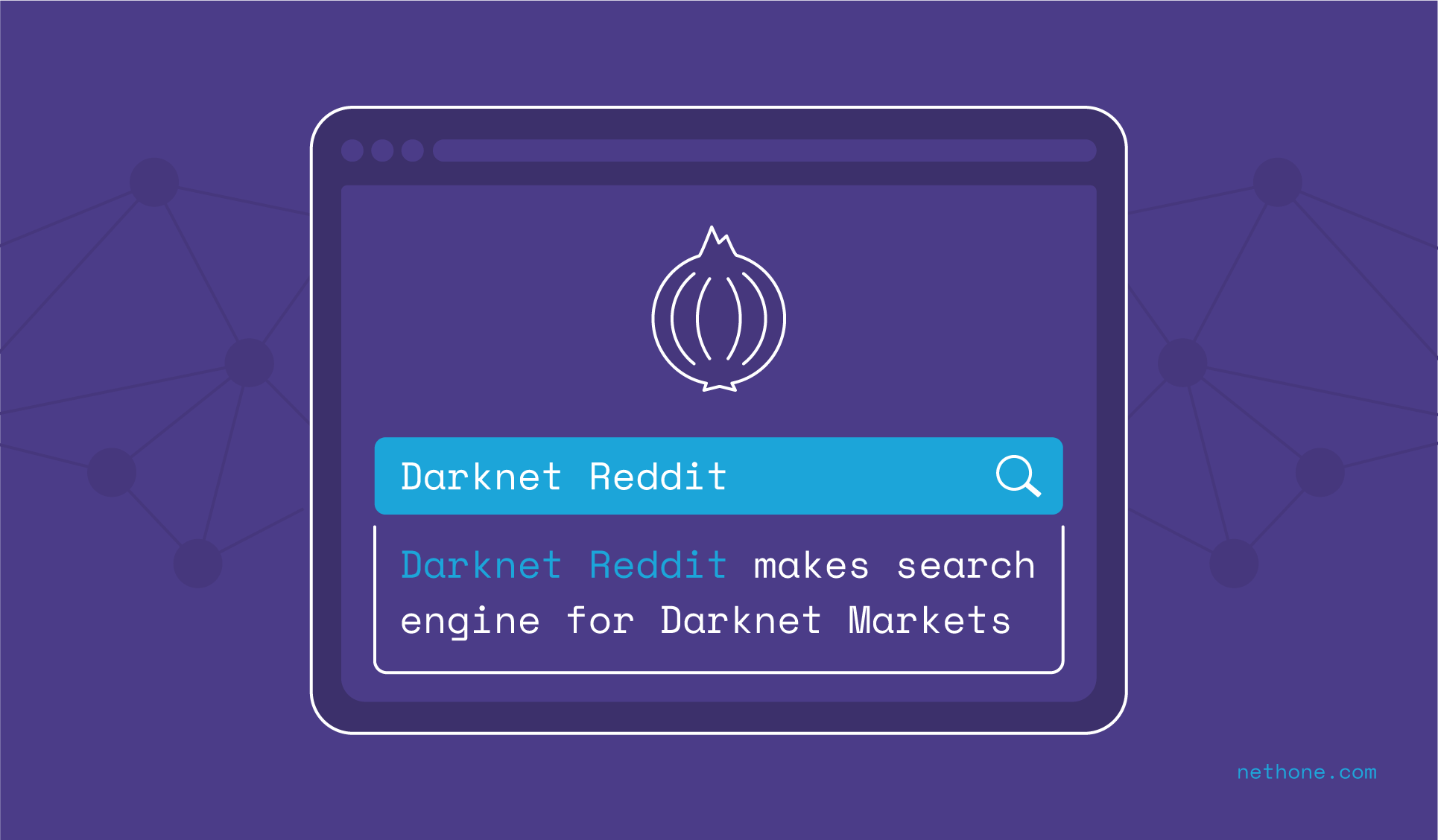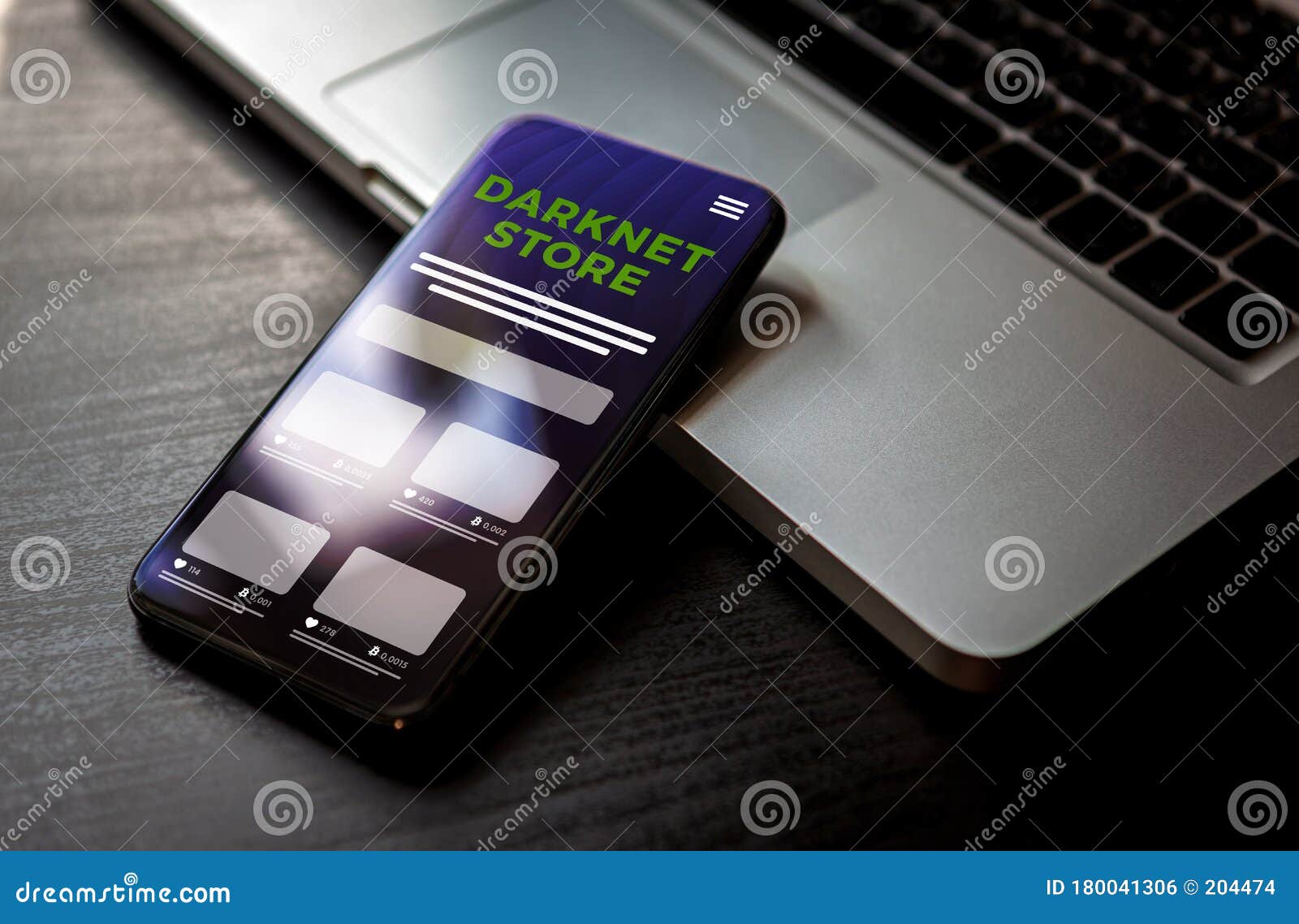A Detailed Examination at the Hidden Realm of Dark Web Transactions
The deep web has long captivated and bewildered the masses, often imagining images of a shadowy realm abounding in forbidden transactions and hidden transactions. While numerous people are aware of its existence, few comprehend the nuances and range of interactions that take place within the markets of the dark web. These sites operate under the surface of the conventional internet, providing a online space for shoppers and vendors to participate in commerce far removed from regulatory oversight and regulation.
Delve deeper into this hidden world, and you’ll uncover that dark web transactions cover much more than the straightforward exchange of illegal goods. From the exchange of cryptocurrencies to the trading of personal data, the dark web serves as an intricate environment where concealment and safety are crucial. As a growing crowd look for these secretive platforms, grasping the mechanics of dark web markets is crucial for anyone curious about the changing realm of online commerce and safety.
Grasping the Hidden Web
The hidden web refers to an area of the internet that is not indexed by standard search engines and often demands particular software to utilize. This hidden layer of the web exists on discretion and confidentiality, allowing users to browse and interact without disclosing their true identities. The most common method of access is through the Tor network, which encrypts users' internet traffic and hides their online presence.
Within the dark web, numerous markets have developed, facilitating the exchange of goods and services that are often illegal or limited. These markets function similarly to regular online marketplaces but are enveloped in secrecy. Transactions on these platforms commonly involve cryptocurrencies, providing an additional layer of disguise for both purchasers and vendors. As a consequence, the dark web has transformed infamous for the sale of illicit substances, hacking services, and taken data.
Despite its negative reputation, the dark web also contains forums and sites focused on privacy protection, political dissidence, and speak-out actions. It serves as a space for users in repressive regimes to connect securely and obtain information free from censorship. This twofold nature of the dark web renders it a complex and intriguing topic for investigation, illustrating both the darker aspects of human behavior and the search for liberty in an progressively watched world.
Types of Deals in the Darknet
Exchanges in the darknet can be divided into multiple categories, reflecting the wide-ranging array of goods and services available. One of the most recognized types includes illegal drugs, where vendors offer everything from cannabis to synthetic substances. These transactions often take place on targeted platforms designed to facilitate anonymous buying and selling, using crypto for transactions to add an extra layer of privacy.

Another important type of deal involves stolen data and hacking services. This can feature anything from debit card information to private identity theft tools. Cybercriminals frequent these areas to buy or trade exploits, malware, and entry to hacked systems. These transactions typically involve high amounts of faith between users, as the opacity of the underground network can lead to scams, requiring reviews and reputation systems to help users navigate the risks.
A emerging trend in the darknet also involves the exchange of forged products, which can range from fake documents to counterfeit medications. These deals pose grave legal and health risks to consumers, while allowing sellers to gain from the exploitation of at-risk individuals. Such illicit activities thrive in the shadows of the darknet, serving those willing to venture into this hidden marketplace.
Threats and Outcomes of Dark Web Deals
Participating in deals on the underground exposes users to significant risks, both lawful and financial. Law enforcement agencies are increasingly monitoring dark web activities, leading to arrests and legal actions of those participating in forbidden deals. Users may face drastic punishments, including large monetary penalties and imprisonment if discovered buying forbidden products or assistance. The secrecy that the Deep Web provides is often a deceptive sense of security, as many users underestimate the abilities of law enforcement.
In parallel to legal repercussions, there are significant monetary risks involved. Deep Web markets are full with tricks, and participants may lose their capital to fraudulent sellers or deceptive schemes. Even when deals go as anticipated, there is no guarantee of receiving the promised items or assistance. Many individuals, tempted by the allure of privacy, have found themselves victims of theft or extortion, leading to serious monetary outcomes and diminished trust in digital exchanges. darknet links

Additionally, there are ethical and ethical considerations to reflect upon. Acquiring from Deep Web bazaars often supports unlawful conduct that can have devastating effects on localities and citizens. For instance, the drug trade has been linked to aggression and compulsion, while the distribution of stolen data can result in identity theft and monetary ruin for blameless victims. As individuals participate in these exchanges, they add to a loop of illegal activities that has extensive effects beyond their direct interaction.